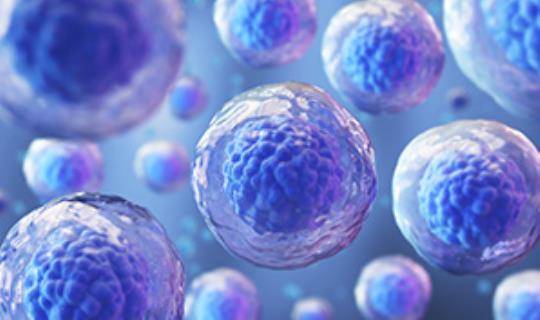Supply chain optimization of a CAR-T therapy
By Hans-Peter Scherzer
Hans-Peter Scherzer took to the stage at the recent Cell and Gene Therapy Manufacturing and Commercialization Europe, sharing his insights into the captivating realm of cell and gene therapies. As a key part of an esteemed panel comprising over 60 leading scientists, he highlighted how World Courier navigated the challenges posed by the optimization of cell therapy supply chain as it related to CAR-T therapies.
In his exciting presentation titled 'Supply chain optimization of a CAR-T therapy', Hans-Peter took us on a journey through the complex world that unfolded when autologous CAR-T therapies first made their market debut. This breakthrough brought with it an array of advanced therapy logistics challenges as manufacturers, treatment centers, and logistics providers transitioned from initial shipments to establishing a robust global cell therapy supply chain.
Key takeaways from Hans-Peter's presentation included:
- Adaptability in real-world Conditions: The process underwent rigorous testing under real-world conditions to ensure reliability, stability, and cost-effectiveness within our advanced therapy supply chain optimization efforts.
- Intelligent innovations: Smart shipping containers were put into use for secure cell therapy distribution while ensuring extended qualification periods.
- Feedback-driven enhancements: User feedback informed crucial enhancements to equipment like the outer shell of our shipping container—critical in providing robust cell therapy logistics solutions.
- Regulatory alignment: Continuous adjustment was necessary within our cell therapy logistics management approach to align regulatory and import processes with an ever-evolving regulatory landscape.
- Standardized communication systems: A standardized system for communication flow and information exchange was developed within our cell therapy value chain operations.
As a leading stem cell courier services provider, these strategies have played a pivotal role in optimizing delivery of CAR-T therapies globally - demonstrating once again World Courier's commitment to overcoming logistical hurdles while ensuring safe stem cell delivery.
Discover more about this transformative journey by watching Hans-Peter Scherzer’s full presentation. Be sure not only to learn about these cutting-edge developments but also explore how they might impact your operations or research endeavors.
Don't wait. Experience firsthand how World Courier is pioneering solutions in advanced cell therapy logistics provider services, by watching the recording now.
CAR-T therapy FAQs
Q: How does a CAR-T therapy work?
A: A CAR-T therapy works by using your body's own immune system to fight cancer. Here's how it happens: Doctors take special cells that can fight germs and diseases, called T-cells, from your blood. These cells then get changed in a lab so they can find and destroy cancer cells — they become "Chimeric Antigen Receptor T-cells" or "CAR-T cells". The changed cells are then put back into your body where they start to seek out and kill the cancer.
Q: What CAR-T therapies are approved?
There are a number of CAR-T therapies that had been approved. These included Kymriah (tisagenlecleucel) and Yescarta (axicabtagene ciloleucel), which are used to treat certain types of lymphoma. Another approved therapy was Tecartus (brexucabtagene autoleucel), used for a type of leukemia. As of third quarter of 2023, the most recent therapy to get approval was Fucaso, an anti-BCMA-targeting CAR-T cell therapy, which was approved in China for use in multiple myeloma treatments.






